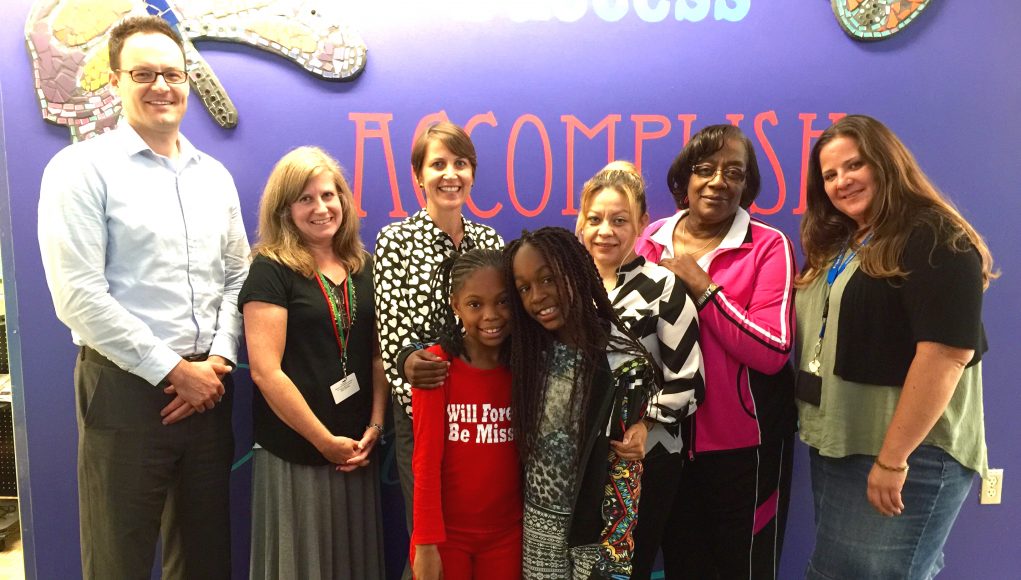This past week, I had a chance to engage in a day of learning for myself — something I don’t get to do very often, but what a gift. Sometimes, you hear exactly what you need to hear.
This day of learning included a talk with Ronald Heifetz, a professor at Harvard’s Kennedy School of Public Policy, who challenged us to think differently about leadership and change. It was an intimate group of leaders from around the country representing education non-profits, state departments of education, and a handful of urban school districts.
We all heard a lot, but what I heard solidified some crucial lessons I want to put into action as we build on our district’s momentum.
Lesson #1: Seek more perspective. Heifetz shared that leadership is all about the work to be done. In Madison, we all know by now that the problems we face in education are tied to the racial inequities that exist in our community. Those who are doing the work to address the problem are many and all are leaders even if they have no formal title. The lesson for me is that I have to continue to identify those that are doing the work of disrupting inequities—from students, to parents, to community elders, to teachers– and seek more perspective from them. I need to protect them, give them cover and authorize their work.
Lesson #2: Have empathy and grace. Heifetz shared that people aren’t resistant to change if it is good, but they do resist loss. I know from interacting with, observing and listening to our teachers that they, by and large, want to make the kind of change that disrupts racial inequity. They are willing to do the hard work. But change, no matter how good it is or how clear an equity imperative it may have, can diminish one’s sense of competence, challenge personal or family values, and even destroy loyalties. The lesson for me is that I need to lead with an even deeper sense of empathy and grace. I need to continually lift up the multitude of things we do as educators that are right and good, rally the resources and partnerships we need to be successful, and create safe spaces for our staff to work through the loss that comes even with positive change that we all embrace.
And, finally,
Lesson #3: Don’t give up. Heifetz argues that change by its very nature puts us off balance. Our job as leaders is to help our community through not just a period of discomfort, but sustained disequilibrium. This isn’t easy because human beings, by nature, will seek to restore equilibrium by avoiding the work, backing away, or desperately seeking a quick fix. The lesson for me is that I have to monitor the pressure and the pace, but never throw in the towel if the work is right.
Ultimately, I want to do a better job, in collaboration with all of our community’s leaders, at identifying who needs to learn what to make accelerated progress in the years ahead.
With more perspective, empathy, and persistence — I am committed to do the work to be done to ensure that every child thrives in Madison.




























